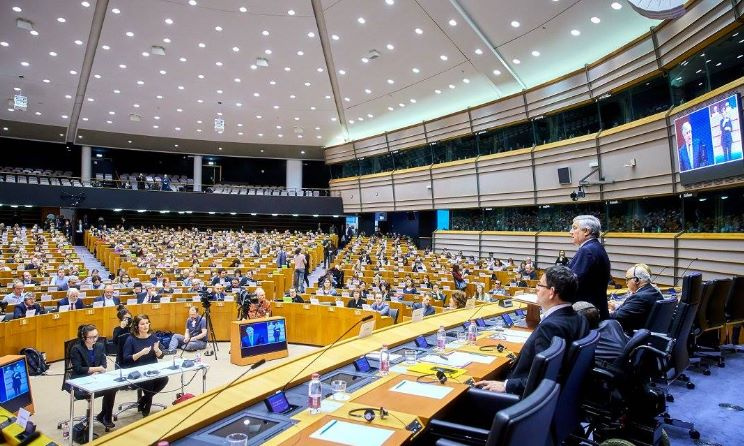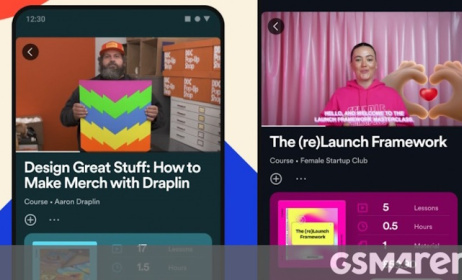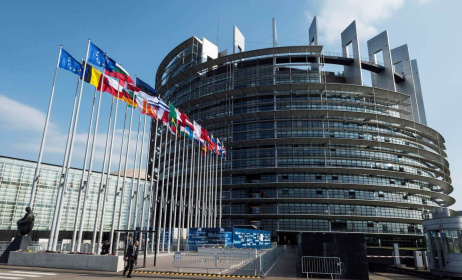EU Parliament: Creators to receive more revenue from digital content
According to a new directive by the European Parliament, artists stand a chance of earning more revenue from their work.
 The European Parliament has backed artists to receive more revenue from their works in the digital space.
The European Parliament has backed artists to receive more revenue from their works in the digital space.
The directive mostly targets the digital space and should encourage a renegotiation of terms between artists and such key players as YouTube and various other content streaming platforms.
"Many of Parliament’s changes to the EU Commission’s original proposal aim to make certain that artists, notably musicians, performers and script authors, as well as news publishers and journalists, are paid for their work when it is used by sharing platforms such as YouTube or Facebook, and news aggregators such as Google News," a statement by the parliament reads.
Speaking after the decision was taken, German MP Axel Voss said: "I am convinced that once the dust has settled, the Internet will be as free as it is today, creators and journalists will be earning a fairer share of the revenues generated by their works, and we will be wondering what all the fuss was about."
The directive will compel social media platforms like Facebook and Twitter to bar copyrighted productions on their platform.
As expected, the news was greeted with enthusiasm by organisations representing creators. “The Parliament has sent a clear message that copyright needs to be modernised to clarify obligations of platforms with regard to the creative works they distribute,” said Helen Smith, executive chair of independent music European collective IMPALA. “This means that we can finally enter the last phase of negotiations to secure a fair and sustainable Internet.”
In a statement signed by the Federation of European Film Directors, the Federation of Screenwriters in Europe and the Society of Audiovisual Authors, the directive was praised for making it possible to have “a level playing field” by allowing “artists, producers, rights holders, musicians and other creators the freedom to continue producing their work without fear of it being exploited without proper compensation”.
Nonetheless, the directive has received some criticism, as some have argued with a section of the directive that calls for measures against content produced by Internet users that infringes on copyright.
This criticism, which has been backed by Wikipedia’s Jimmy Wales and World Wide Web creator Tim Berners-Lee, insists that a part of the directive “takes an unprecedented step towards the transformation of the Internet from an open platform for sharing and innovation into a tool for the automated surveillance and control of its users”.
But for Frances Moore, chief executive of the International Federation of the Phonographic Industry (IFPI), which has been against YouTube's royalties, the directive is a good development. “We now look forward to working with the three institutions in the forthcoming trilogue to ensure the value gap is effectively closed,” she said.
The sentiment was echoed by Roberto Viola, head of the European Commission's department in charge of communications networks, content and technology. The result of the Parliament’s vote is “very important,” he said, adding: “The whole world is looking at what is happening in Europe.”
























Commentaires
s'identifier or register to post comments